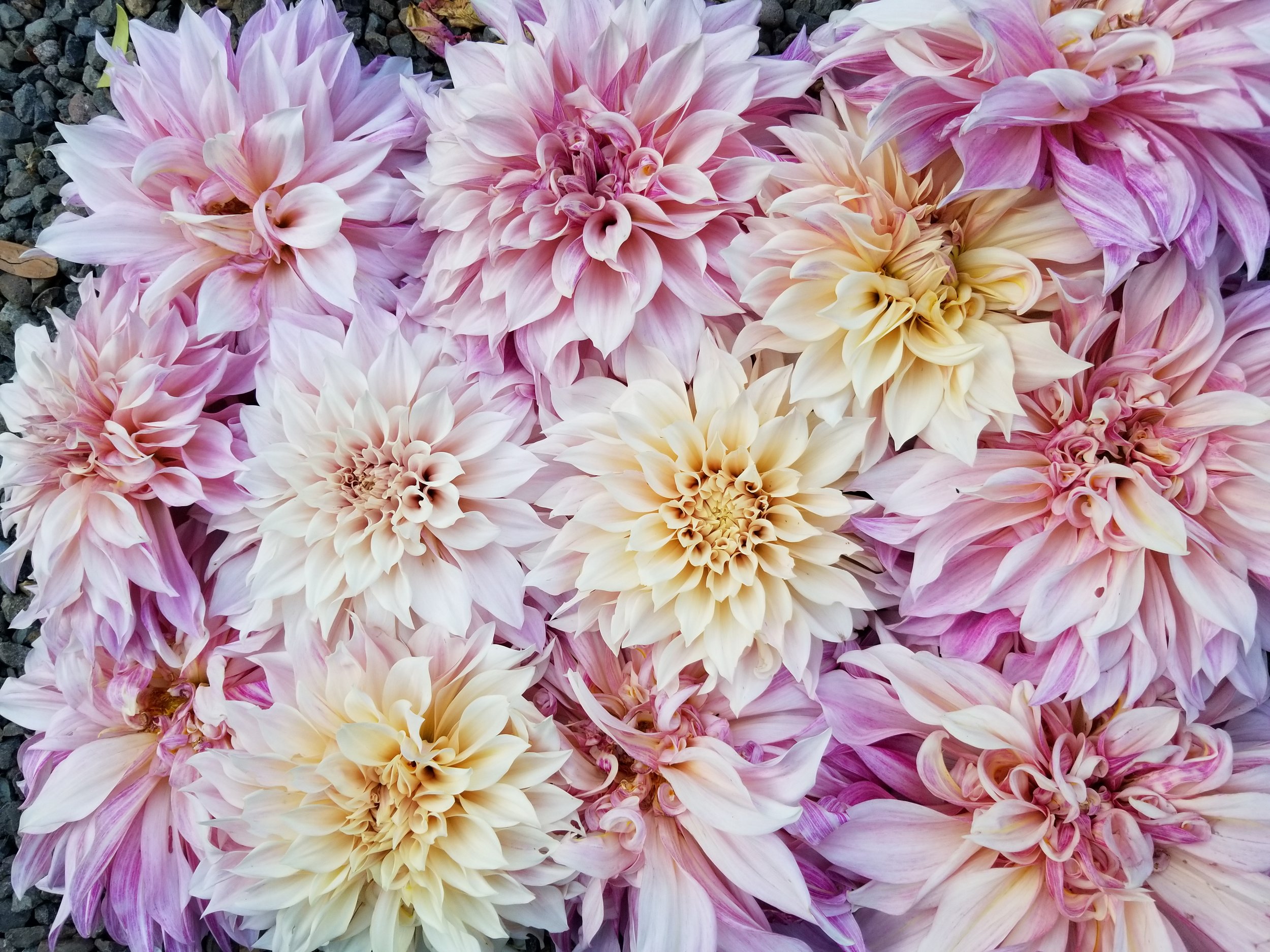
Dahlias
The following gallery features all the dahlias we grow on the farm.
At the bottom of this page we have also included our FAQ’s

Apelsini Sniega (Orange and Snow)

Berner Oberland
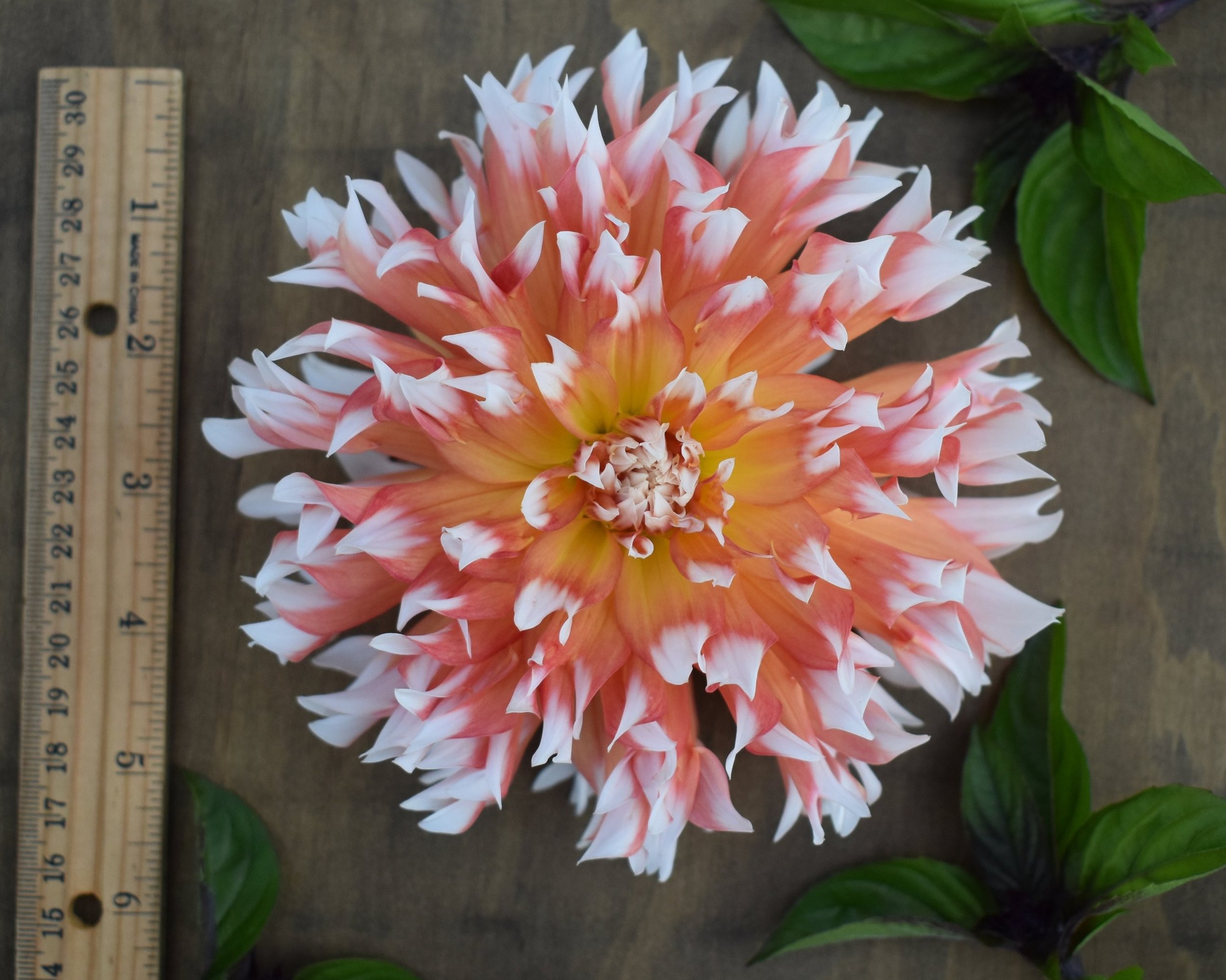
Bloomquist Amazing

Bloomquist Blush

Bloomquist Compare

Bloomquist Dave

Bloomquist Golden

Bloomquist Mojo

Brown Sugar
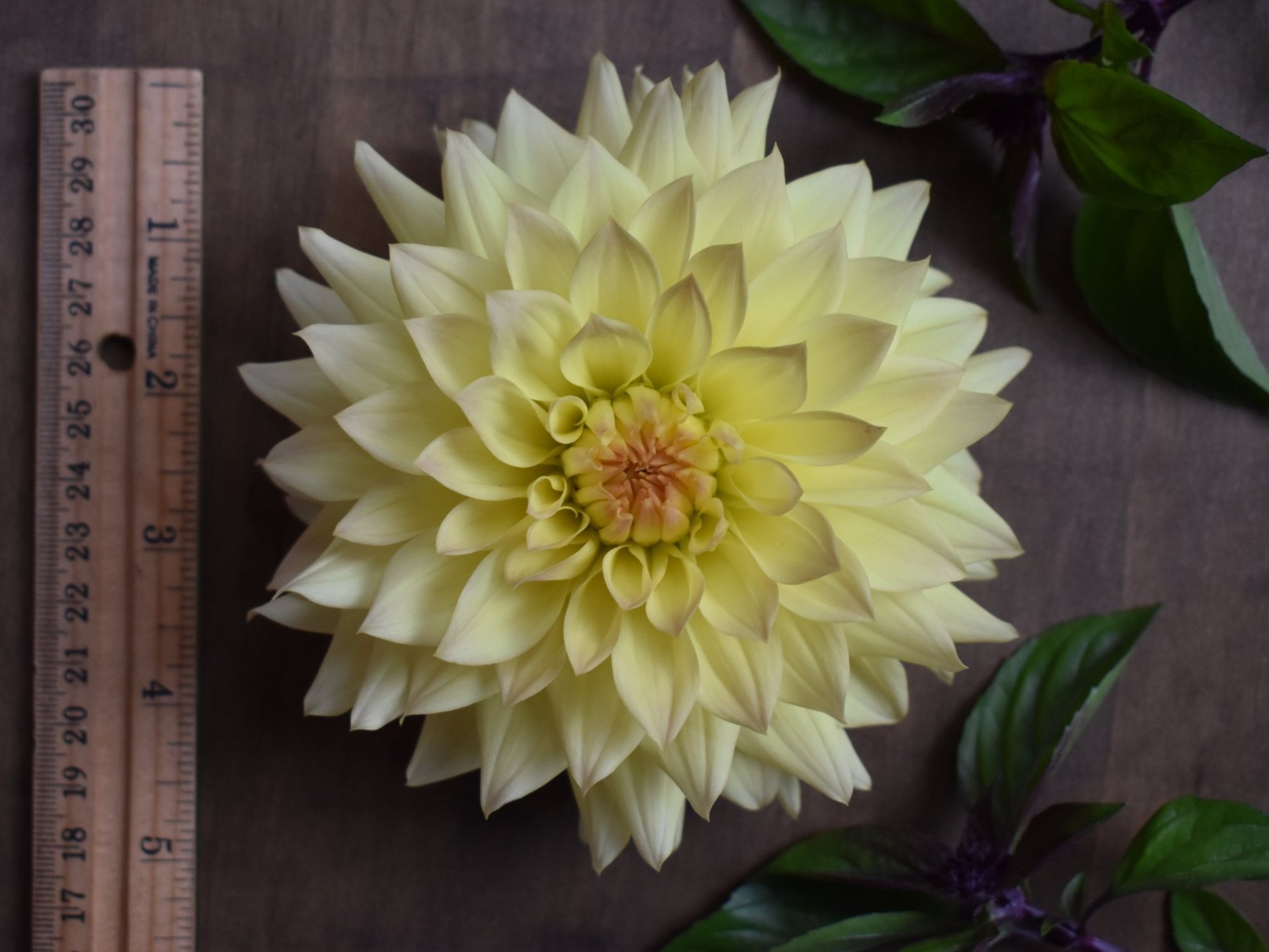
Canoz Jaguar

Carmen Fiesta

Castle Drive

Chewy

Clearview Debbie

Clearview Peachy

Copperboy

Coralie

Cornel Bronze

CSYT Goldilocks
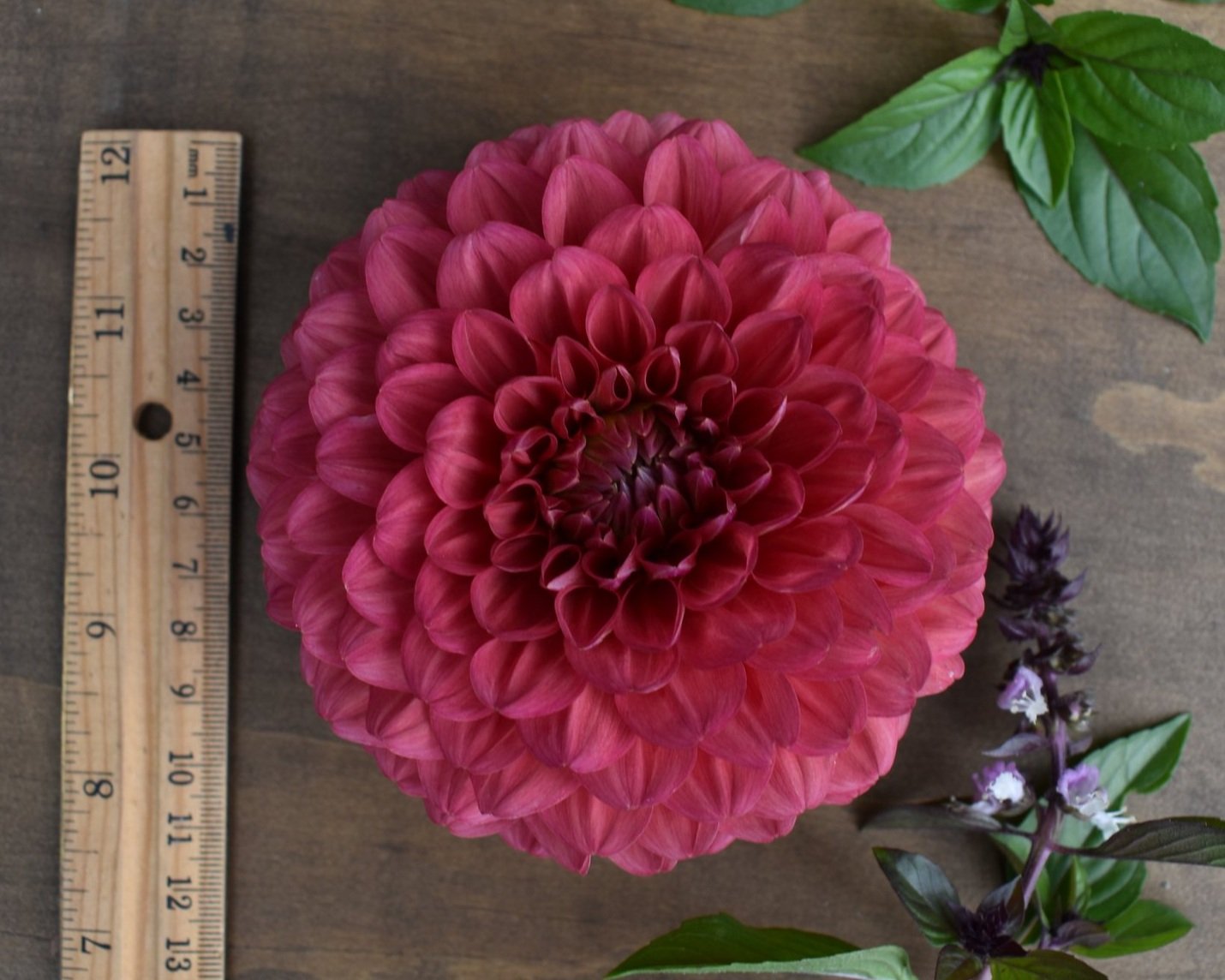
CSYT Mason

Dark Spirit

Ferncliff Rusty

Ferncliff Spice

Frizzy Lizzy

Hapet Champagne

Hollyhill Black Beauty

Hollyhill Pinkie

Irish Ruffle

Isabel

Ivanetti

Jason Matthew

Jowey Winnie

KA's® Bella Luna

KA's® Blood Orange

KA's® Chiffon
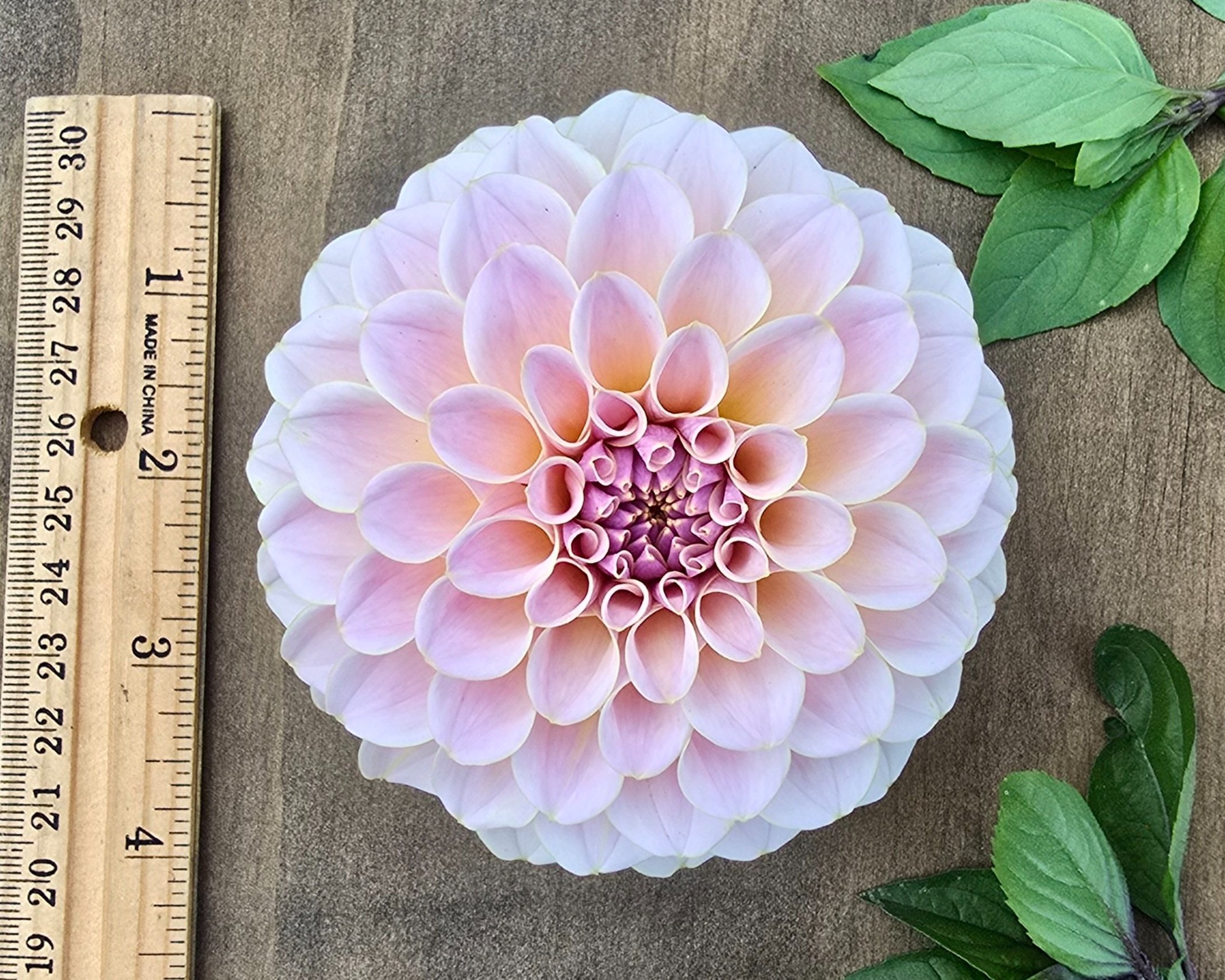
KA's® Cinder Rose

KA's® Mocha Katie

KA's® Mocha Maya
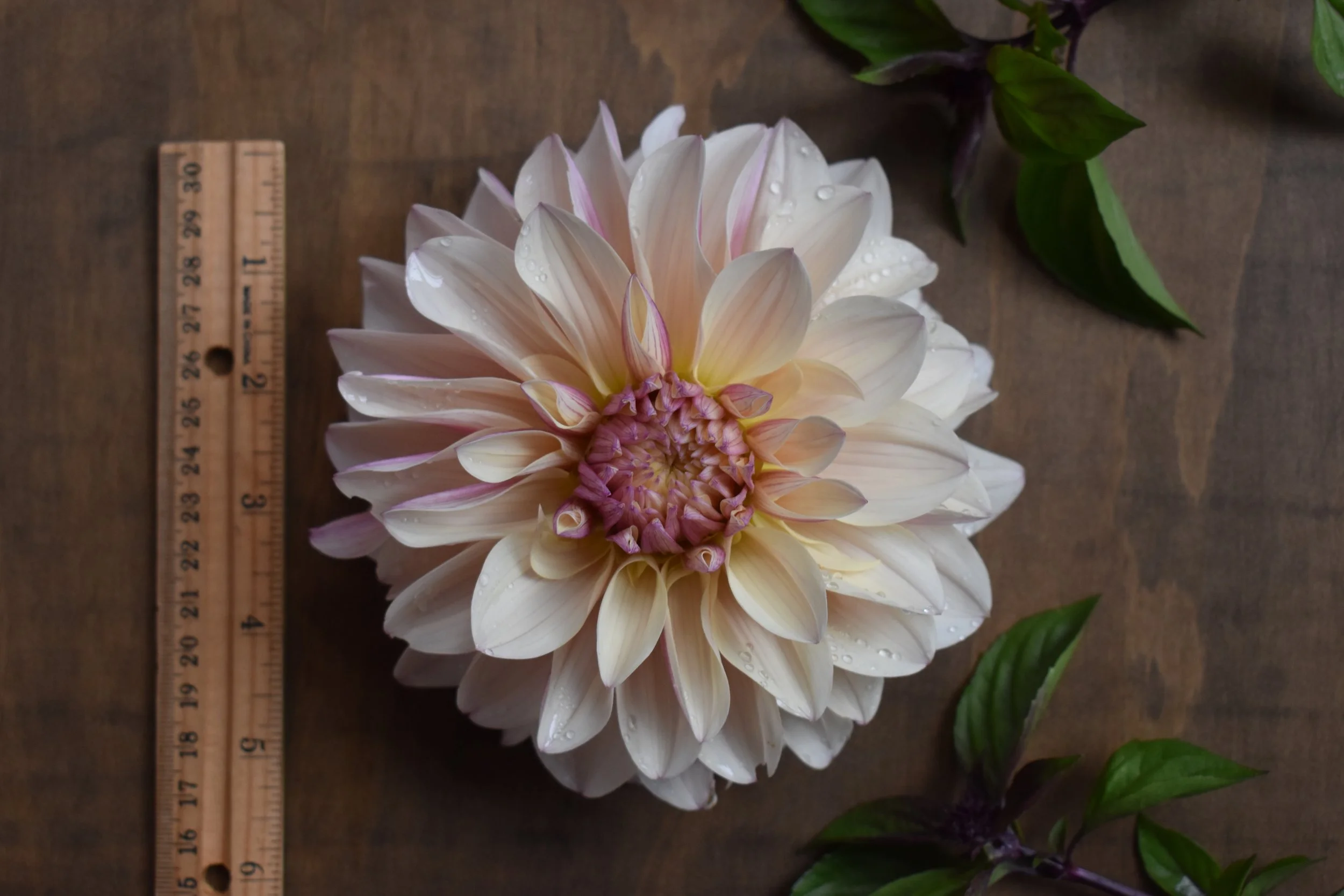
KA's® Penny Lane

KA's® Pearl

KA's® Rosie Jo

Karma Choc

Linda's Baby

Marionberry Milkshake

Mingus Leroy

Mingus Toni

Miss Amara

Mission Gypsy

Mystique

Odyssey

Peaches n' Cream

Skipley Moonglow

Skipley Spot of Gold

Rhubarb and Custard
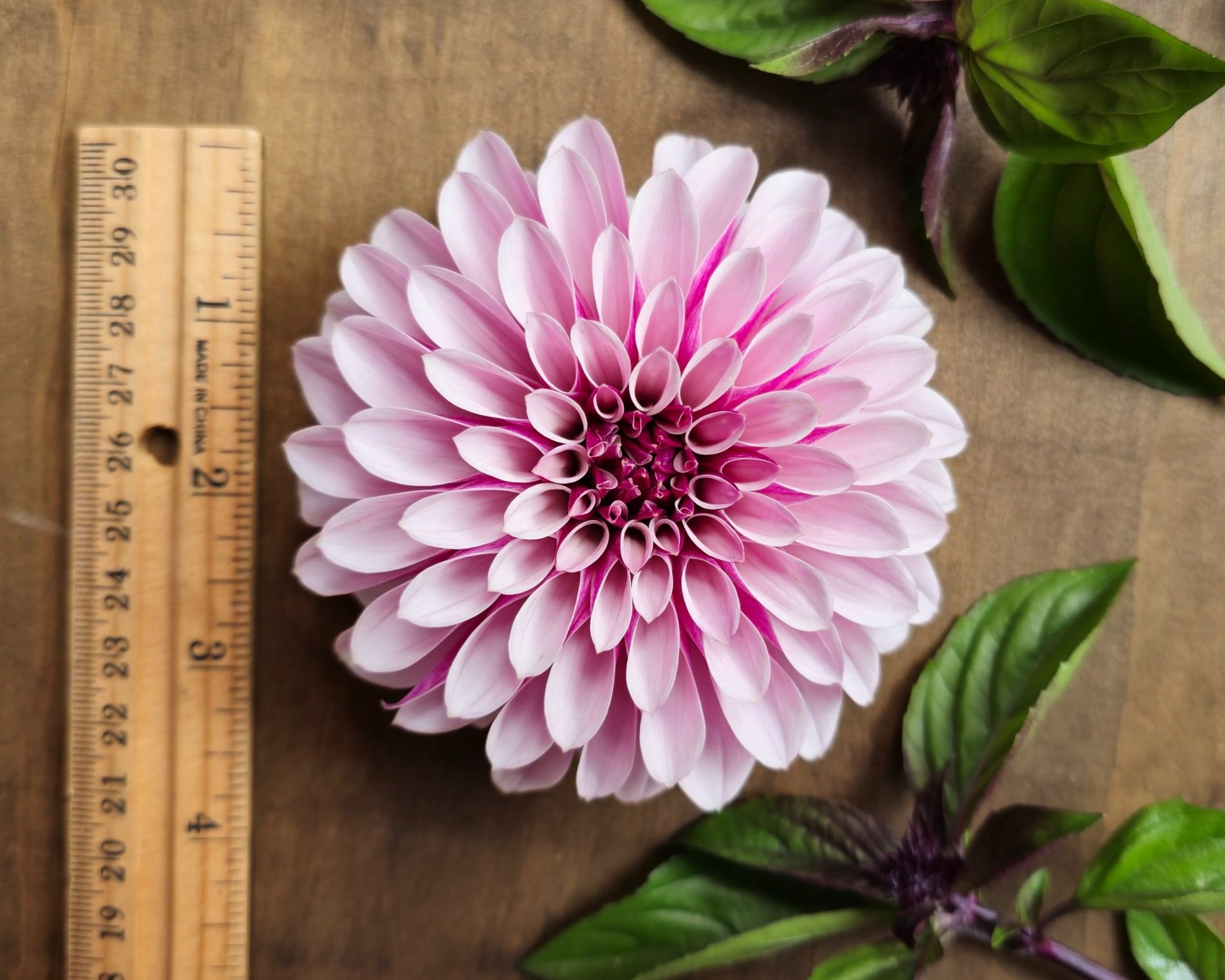
Salish Twilight Girl

Sugartown Sunrise

Sweet Suzanne

Tahoma April

Tahoma Kelli

Wine-eyed Jill - Building stock

Yvonne - Building stock
FAQs
-
Dahlia tubers are extremely sensitive to freezing. If a tuber freezes in shipping it will rot. I ship tubers mid-April which is common for most Dahlia growers.
-
I use calculated shipping for my shop to provide the best value. Sometimes the calculation is off and the shipping you are charged is more than it should be. On average shipping is between $8-$14 per order and depends mostly on where your order is being shipped and how much your package weighs. I review all orders to make sure shipping charges are accurate and I refund shipping overages when they occur, usually within a 2-3 days of purchase.
-
No, shipping is based on the weight of your tubers and how far they travel. I ship via USPS and whether I ship in a padded mailer or box it has no impact on the price of the shipping so I choose the safest option for your tubers.
-
Yes, I do offer local pick-up to anyone who wants to travel to North Plains Oregon, just email me or message me through etsy after your order and I will refund your shipping charges. Unfortunately, etsy does not allow for multiple shipping options on a listing so I can’t offer both shipping or pick up on a listing.
-
If you put something in your cart it does not reserve the tuber and in the event that a variety sells out before you check out it will disappear from your cart. If there is a variety you really want, be sure to act fast.
-
There will be a chance that some varieties will be available again however, there is no guarantee. We examine tubers throughout winter storage to check for viability and eye development. If we can’t see eyes (new growth points) on a tuber, we will hold them for a later sale to allow the eyes more time to develop. This does not happen with all varieties so some, once sold out, will not be restocked at a later date.
-
Sometimes this happens during storage, mother natures can be unpredictable. While I am conservative and monitor tubers closely there is always a chance that a loss can cause an inventory shortage. If this happens you will be refunded for any missing tuber.
-
All the tubers we sell in our shop are grown on our farm. We dig them in the fall after our first hard frost and store them till late winter when we examine and then divide them all by hand.
We do not buy tuber from wholesalers to resell.
-
This can be a few possibilities.
On of the wonderful things about dahlias is the color changing magic they perform with different temperatures and levels of sun exposure. This does not happen with all varieties but some are very notorious for color shifting through the growing season. I notice this happens less with solid-colored blooms and ball type dahlias. There is also the possibility that your tuber is a “sport”, which is a genetic anomaly that can produces flowers that are not like its parent plant. Cornel Bronze is a stable sport of the red dahlia Cornel.
Another thing that can sometimes happen is that your tuber was mislabeled and is a different variety. While we take extensive measures to ensure proper labeling there is always a small chance that a tuber can be miss labeled. If you think your tuber was mislabeled, please email us so we can help you identify your dahlia.
-
Our dahlias are highly monitored for disease and pest. Any plants that tested positive during testing are removed and destroyed. The most common virus we see on our farm is TSV. All our listings clearly state whether a variety received testing or not so that our customers can make an educated dicison on whether to bring that variety into their own garden.
We will never knowingly sell diseased tubers; however, this is a natural product and infection can occur at any point in the growing process including early growth in your garden. For this reason, we do not offer refunds for diseased plants. If a plant shows signs of disease or virus remove it immediately and discard it in the garbage. Do not compost diseased plants.
To prevent disease in your home garden, take steps to reduce common pests that spread disease. These are called vectors and the most common for dahlia disease are thrips, aphids, and leaf hoppers. There are many different methods to reduce these pests naturally with beneficial insects or with organic sprays. In addition to pest control, proper sanitation of garden tools is important. Cleaning garden snips and sheers between plants when harvesting flowers and dividing tubers is very important. We dip/soak our snips in 99% rubbing alcohol but a 10% bleach solution will also suffice. Do not leave your cutting tools in the bleach solution as they will rust.